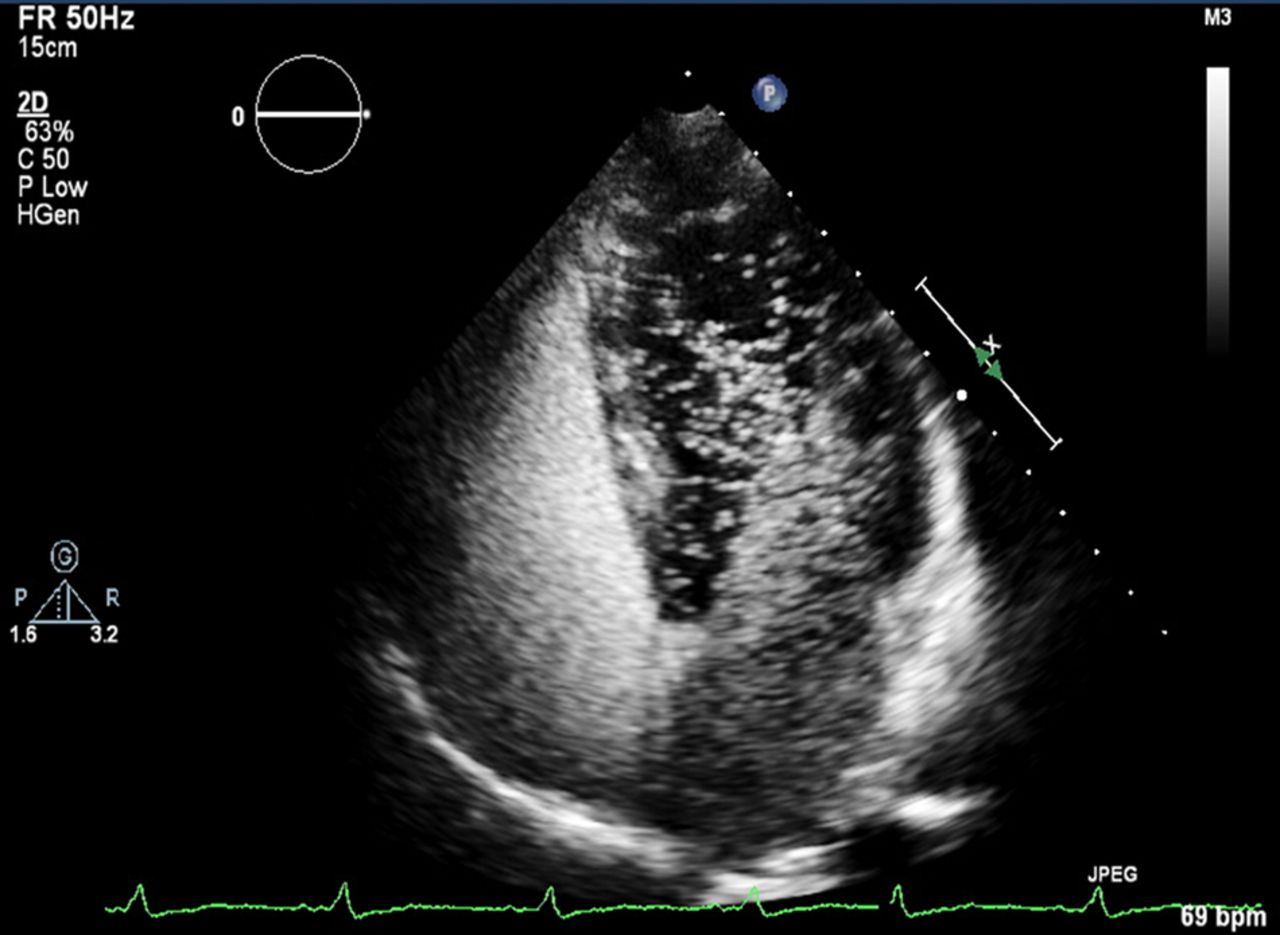
SmartCare Diagnostics is dedicated to providing comprehensive cardiovascular care, encompassing the diagnosis, management, and prevention of various heart conditions.
Understanding the diverse array of heart conditions is essential for guiding clinical decision-making, implementing appropriate interventions, and optimising patient outcomes.
We delve into the different types of heart conditions, their clinical manifestations, diagnostic modalities utilised for testing, and the significance of early detection and treatment.
Common Heart Conditions
1. Coronary Artery Disease (CAD): CAD is the leading cause of morbidity and mortality worldwide, characterised by the build-up of atherosclerotic plaques within the coronary arteries, leading to reduced blood flow to the heart muscle. CAD can manifest as angina (chest pain), myocardial infarction (heart attack), or sudden cardiac death. Diagnostic tests for CAD include coronary angiography, stress testing (exercise treadmill test, stress echocardiography, nuclear stress test), and cardiac CT angiography.
2. Heart Failure (HF): HF is a complex clinical syndrome resulting from the inability of the heart to pump effectively or fill with blood adequately, leading to fluid retention, fatigue, dyspnoea, and exercise intolerance. HF can be categorised as systolic HF (reduced ejection fraction) or diastolic HF (preserved ejection fraction). Diagnostic tests for HF include echocardiography, cardiac MRI, B-type natriuretic peptide (BNP) or N-terminal pro-BNP (NT-proBNP) blood tests, and invasive haemodynamic monitoring.
3. Arrhythmias: Arrhythmias encompass a broad spectrum of abnormalities in the heart's rhythm and conduction system, ranging from benign palpitations to life-threatening ventricular arrhythmias. Common types of arrhythmias include atrial fibrillation, ventricular tachycardia, and atrioventricular block. Diagnostic tests for arrhythmias include electrocardiography (ECG or EKG), Holter monitoring, event monitoring, and electrophysiological studies (EPS).
4. Valvular Heart Disease: Valvular heart disease involves abnormalities in the structure or function of the heart valves, leading to valvular stenosis (narrowing) or regurgitation (leakage) of blood flow. Common valvular disorders include aortic stenosis, mitral regurgitation, and mitral valve prolapse. Diagnostic tests for valvular heart disease include echocardiography, cardiac MRI, and cardiac catheterisation.
5. Cardiomyopathies: Cardiomyopathies are diseases of the myocardium characterised by structural and functional abnormalities, leading to impaired cardiac function and heart failure. Types of cardiomyopathies include hypertrophic cardiomyopathy, dilated cardiomyopathy, restrictive cardiomyopathy, and arrhythmogenic right ventricular cardiomyopathy. Diagnostic tests for cardiomyopathies include echocardiography, cardiac MRI, and genetic testing.
Diagnostic Modalities for Heart Conditions
1. Electrocardiography (ECG or EKG): ECG is a non-invasive test that records the electrical activity of the heart, providing valuable information about heart rhythm, conduction abnormalities, and signs of myocardial ischemia or infarction.
2. Echocardiography: Echocardiography utilises ultrasound waves to create real-time images of the heart's structure and function, allowing for the assessment of chamber dimensions, wall motion abnormalities, valvular function, and haemodynamics.
3. Stress Testing: Stress testing involves monitoring the heart's response to physical exertion or pharmacological stress to evaluate for CAD, ischemia, and arrhythmias. Modalities include exercise treadmill testing, stress echocardiography, nuclear stress testing, and stress cardiac MRI.
4. Cardiac Catheterisation: Cardiac catheterisation, also known as coronary angiography, involves inserting a catheter into the coronary arteries to visualise coronary anatomy, assess for CAD, and guide therapeutic interventions such as angioplasty and stenting.
5. Holter Monitoring and Event Monitoring: Holter monitoring and event monitoring are ambulatory ECG monitoring techniques used to detect intermittent arrhythmias, evaluate symptoms such as palpitations, dizziness, and syncope, and assess the efficacy of antiarrhythmic therapies.
6. Cardiac MRI: Cardiac MRI utilises magnetic resonance imaging to produce detailed images of the heart's structure, function, and blood flow, enabling the assessment of myocardial viability, scar tissue, and myocardial perfusion.
Significance of Early Detection and Treatment
Early detection and treatment of heart conditions are crucial for improving patient outcomes, reducing morbidity and mortality, and preventing disease progression.
Timely diagnosis allows for the implementation of appropriate interventions, including lifestyle modifications, pharmacotherapy, revascularisation procedures, implantable devices, and surgical interventions, tailored to the individual patient's needs and disease severity.
Moreover, early identification of modifiable risk factors and initiation of preventive measures can help mitigate the development and progression of cardiovascular diseases, promoting long-term cardiovascular health and well-being.
SmartCare Diagnostics in Brisbane, Australia, is dedicated to addressing the diverse spectrum of heart conditions through comprehensive diagnostic evaluations, personalised treatment strategies, and patient-centred care.
By recognising the different types of heart conditions, understanding the diagnostic modalities utilised for testing, and emphasising the importance of early detection and treatment, healthcare providers can strive towards optimising cardiovascular outcomes and enhancing patient quality of life.
Why wait or pay too much for diagnostic tests?